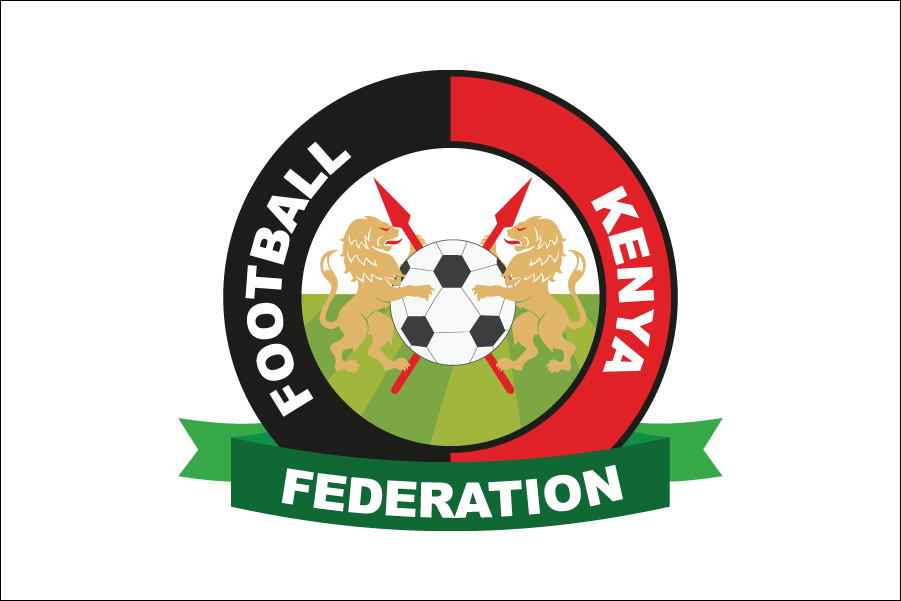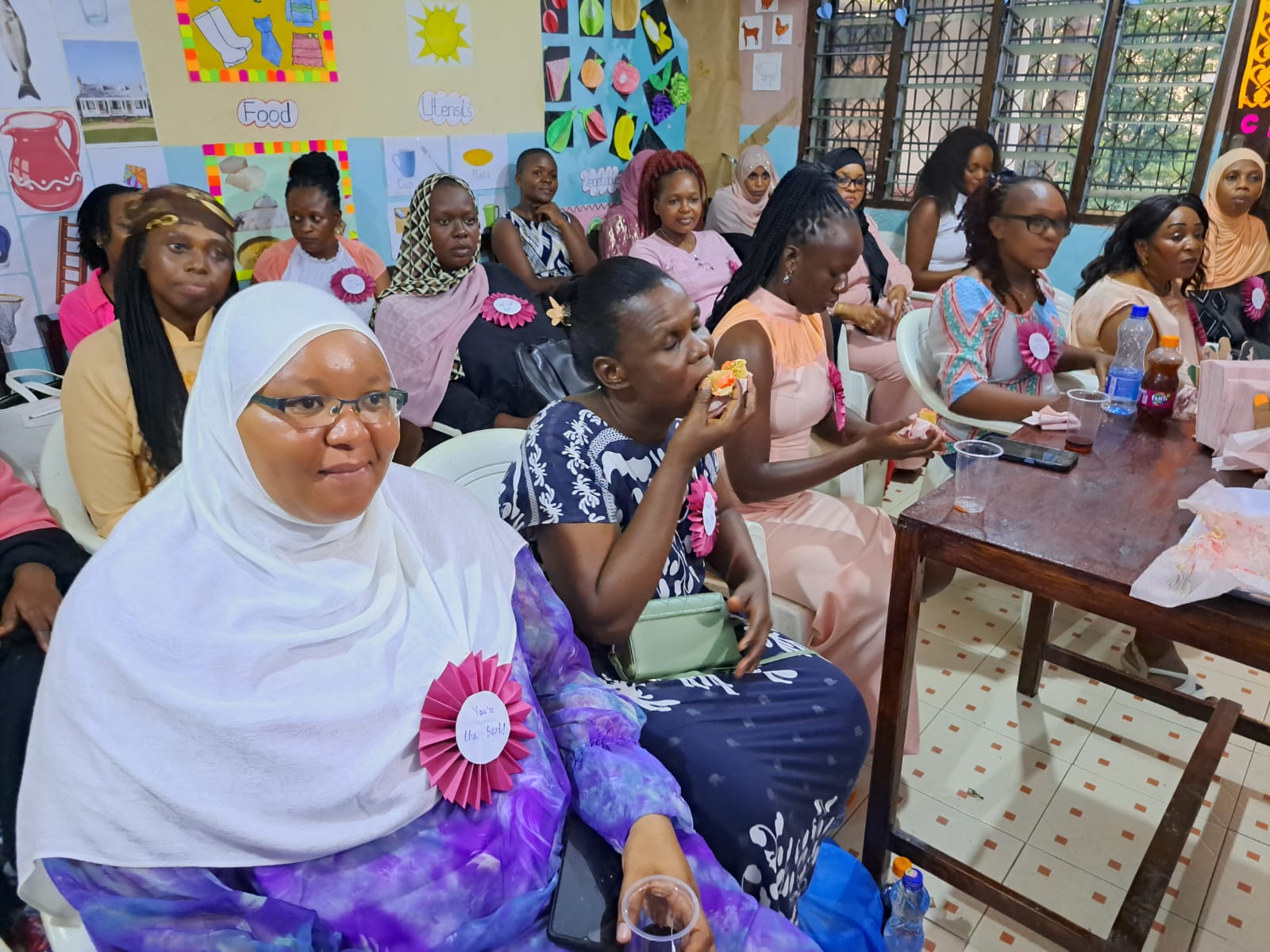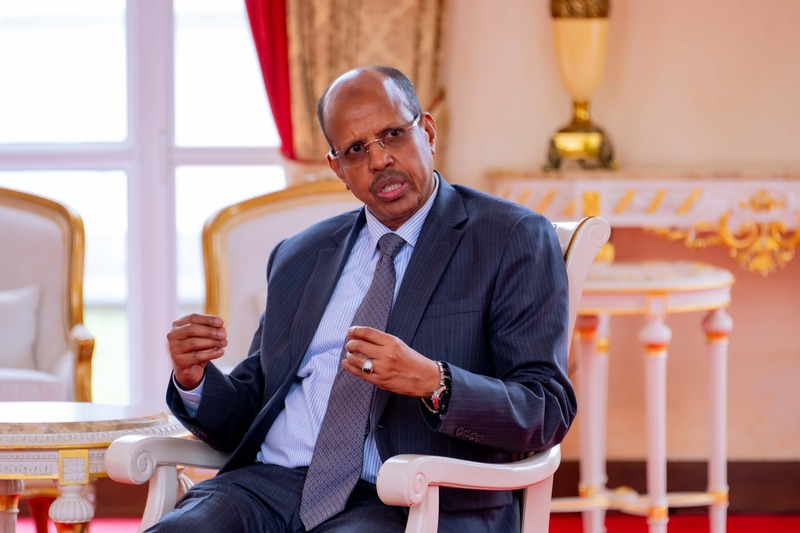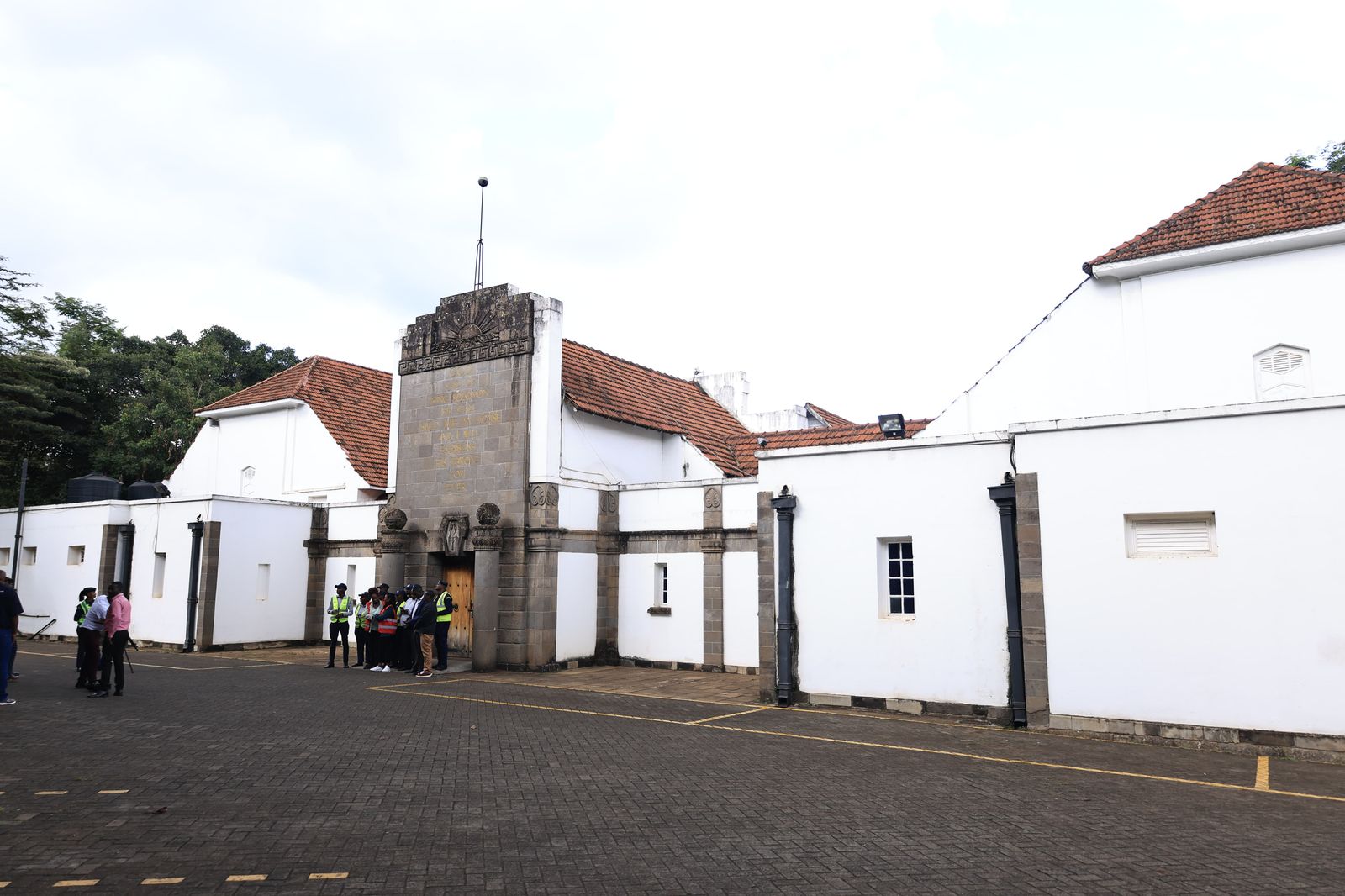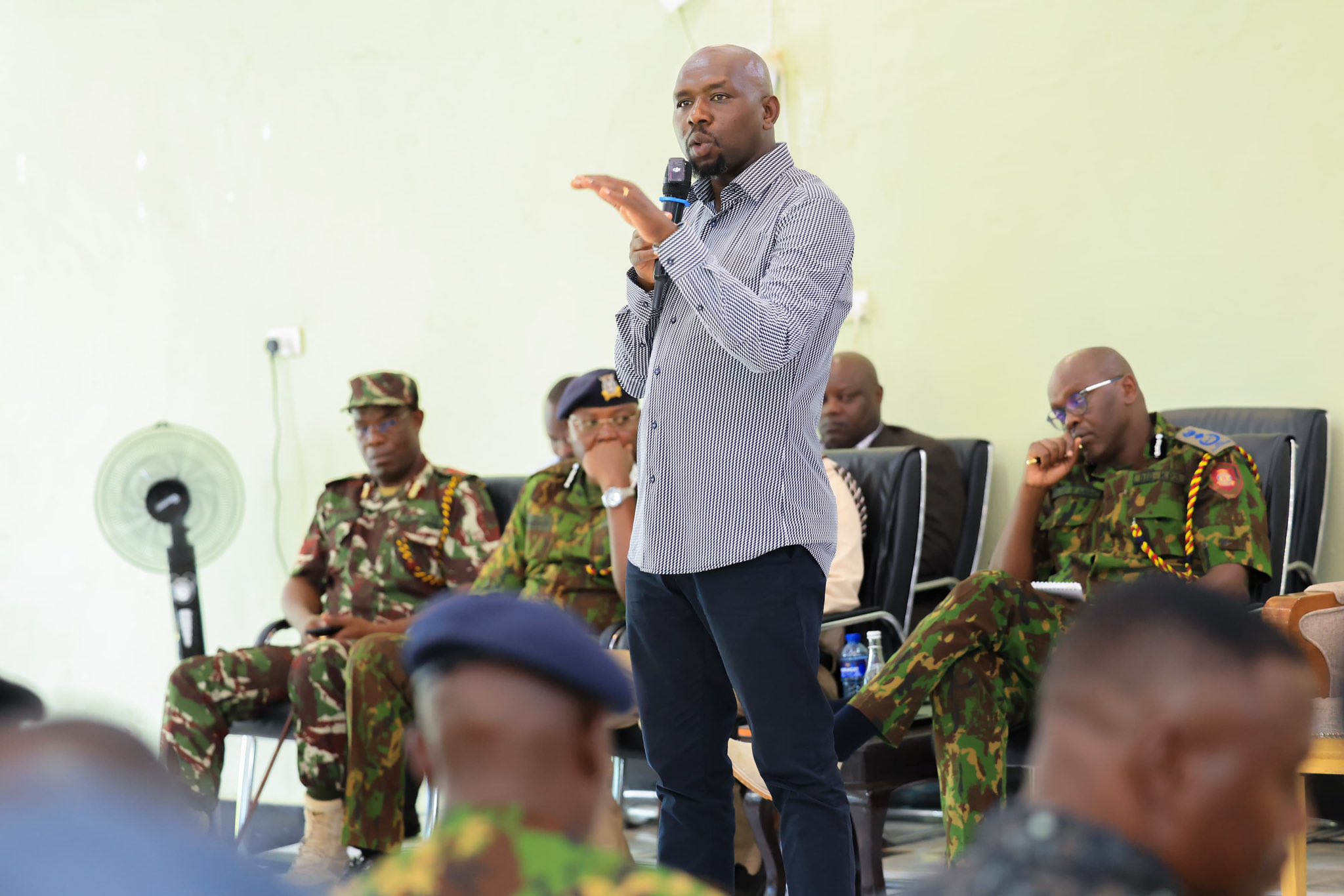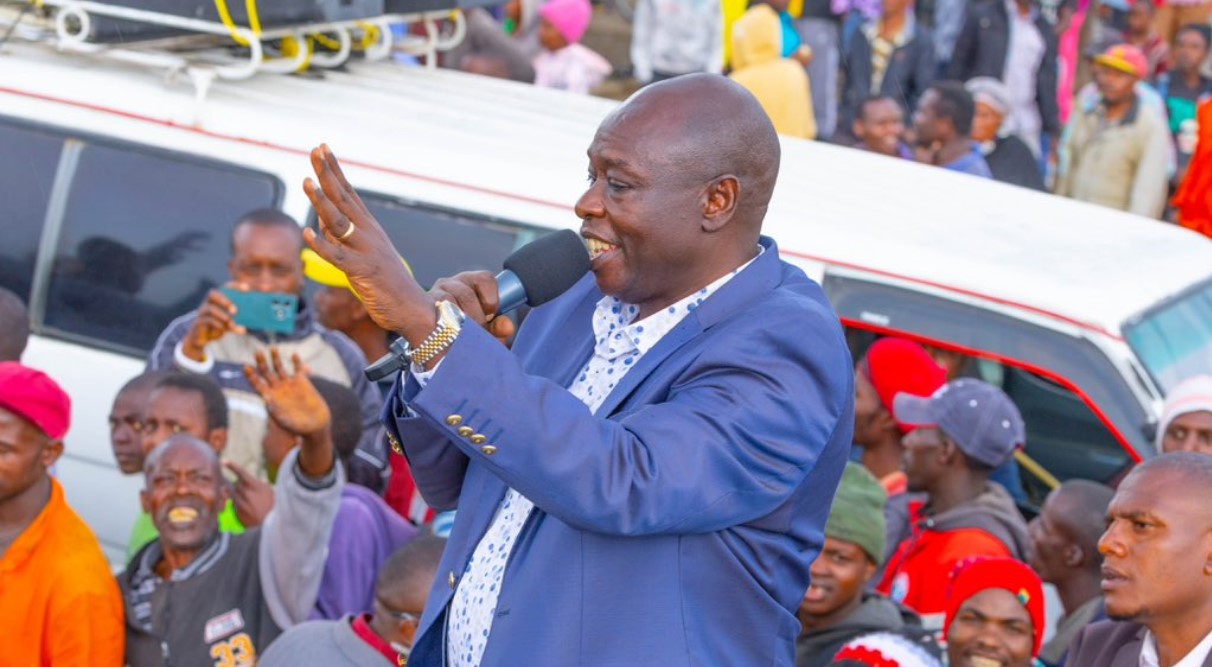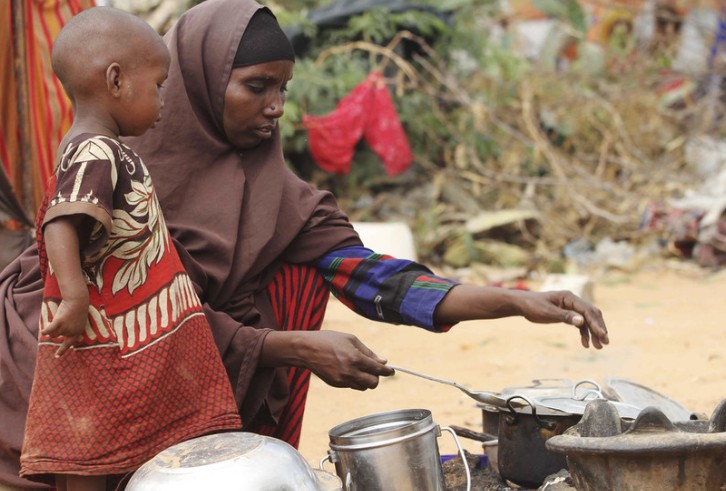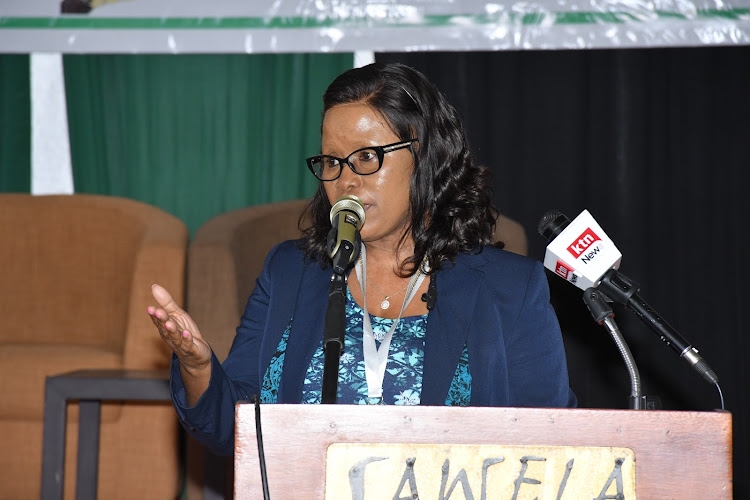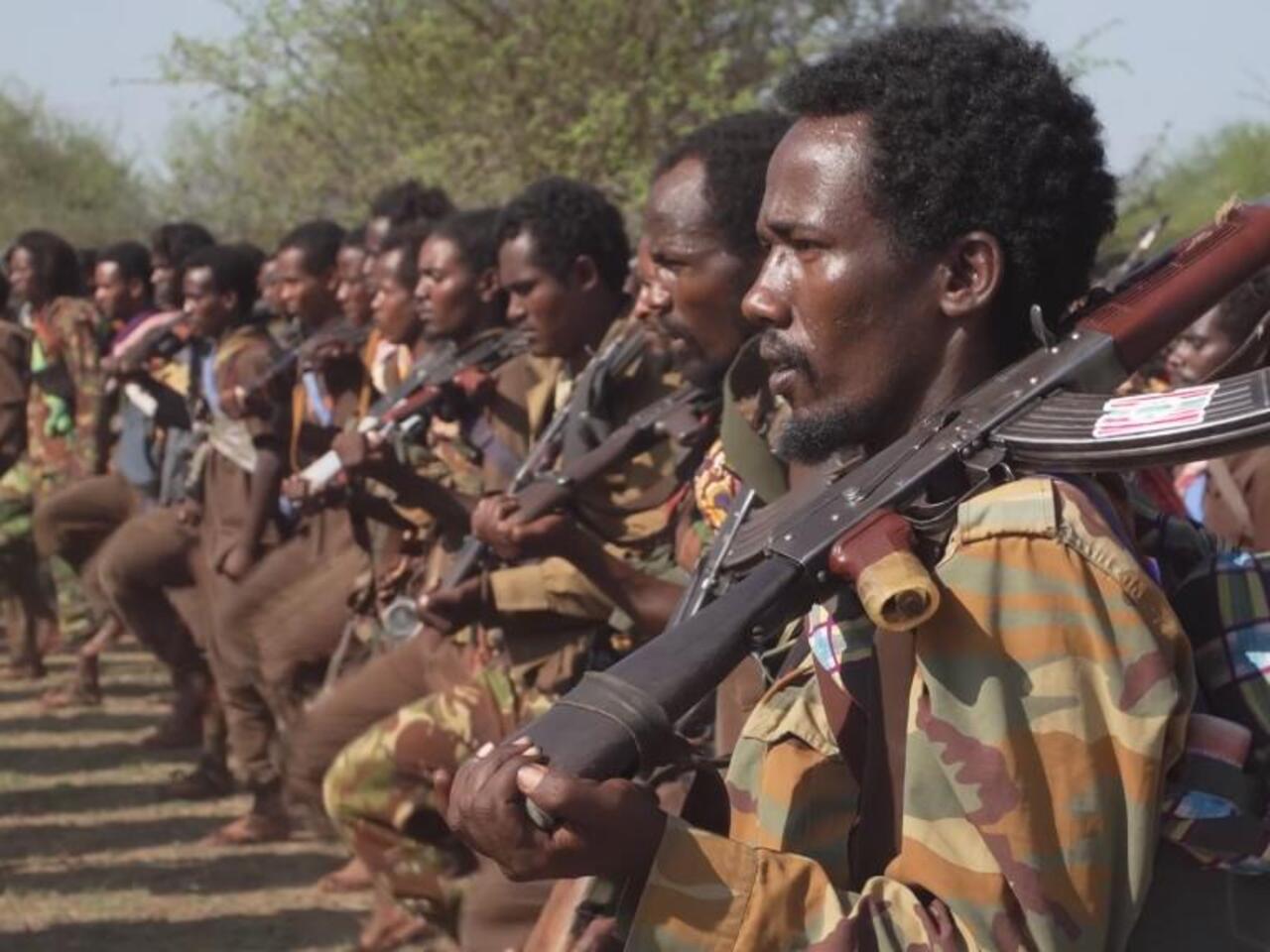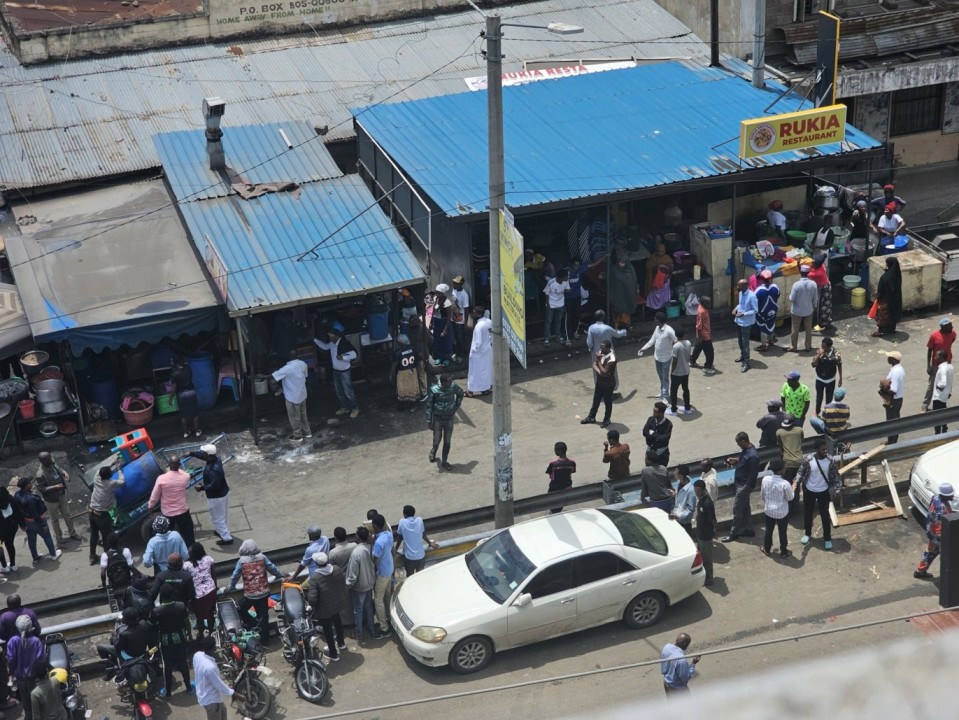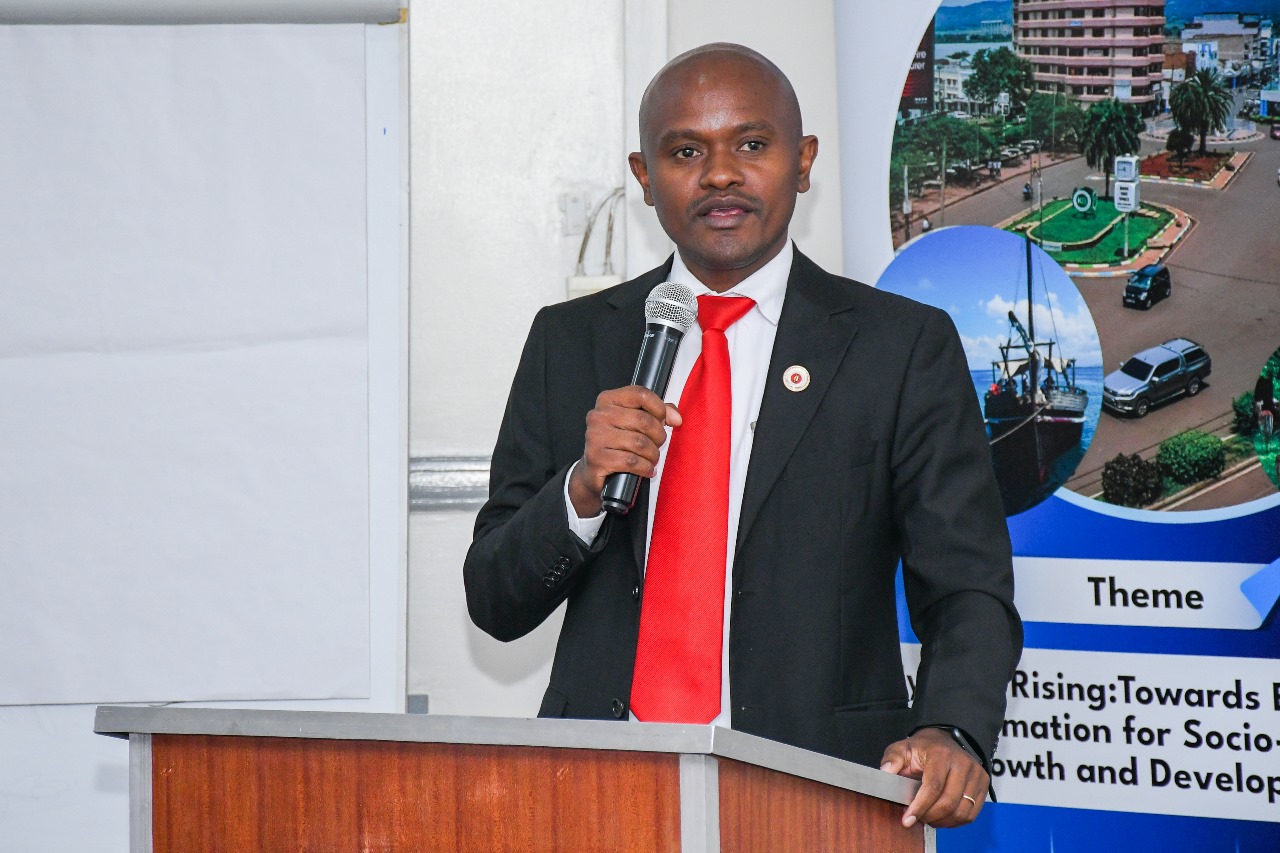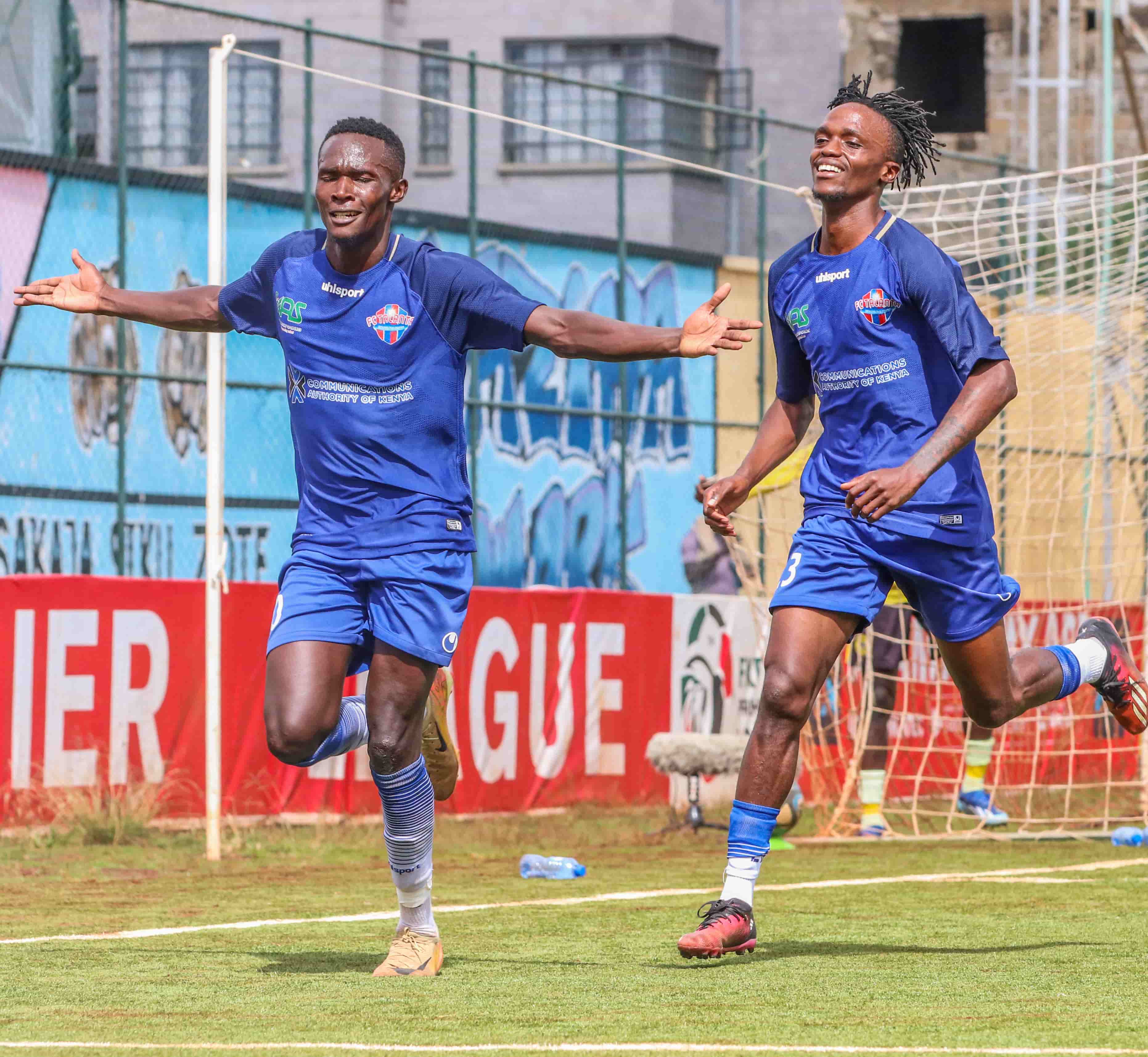Nearly half of CBK jobs held by two ethnic groups, Senate told
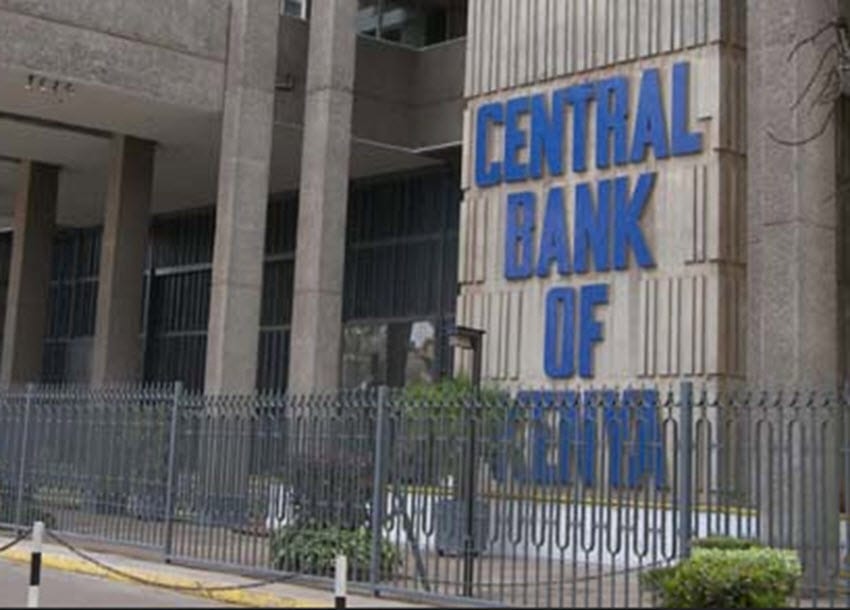
CBK currently has 1,311 employees. Of these, 325 are Kikuyu and 258 are Kalenjin. Luo staff number 139, followed by Kamba (123), Luhya (113), Kisii (90), and Meru (66).
The Central Bank of Kenya is under pressure from the Senate after it was revealed that nearly half of its staff come from just two ethnic communities.
During a meeting with the Senate National Cohesion, Equal Opportunity, and Regional Integration Committee, CBK governor Kamau Thugge admitted that members of the Kikuyu and Kalenjin communities dominate the bank’s workforce, sparking concerns over discrimination in hiring.
More To Read
- Banks oppose CBK plan to peg lending to Central Bank Rate, cite credit access risks
- Most Kenyan employers to freeze hiring in 2025 despite economic optimism – CBK survey
- SRC controversy casts shadow over Moturi's Central Bank board nomination
- Banks face additional reporting rules as sector moves to spur green credit growth
- CBK, commercial banks disagree over benchmark for determining lending rates
- Kenyan shilling rebounds with 14 per cent year-on-year gain in Q1, 2025
CBK currently has 1,311 employees. Of these, 325 are Kikuyu and 258 are Kalenjin. Luo staff number 139, followed by Kamba (123), Luhya (113), Kisii (90), and Meru (66).
The rest are from smaller communities, including Maasai (31), Taita (30), Mijikenda (25), Embu (17), Kenyan Somali (13), and Borana (7). Some communities, such as Kuria, Mbeere, and Turkana, have just five staff members each.
“From your presentation, the Kikuyu and Kalenjin communities take up almost 50 per cent of CBK jobs. Even internship positions are being disproportionately given to the Kalenjin community. This is unacceptable,” said committee chair Mohammed Chute.
Thugge acknowledged the imbalance and promised action, saying nearly 35 per cent of CBK’s workforce, about 455 staff, are aged between 51 and 60 and are close to retirement.
“We acknowledge that the positions have been skewed in favour of two dominant communities. We will address the employment of other communities in subsequent recruitment processes,” he said.
Thugge explained that CBK currently has staff from 31 ethnic groups, which he said covers around 67 per cent of Kenya’s 46 recognised communities.
He said this reflects the bank’s effort to comply with Article 232 of the Constitution and its internal diversity policies.
Senators Okiya Omtatah and Dan Maanzo also demanded a breakdown of regional leadership and promotion patterns.
“We want to know the spread of the heads of CBK’s six branches—Kisumu, Kisii, Mombasa, Nyeri, Eldoret, and Nakuru—and their ethnic composition. Also, how are recruitments and promotions handled?” Omtatah asked.
Thugge responded that he would provide the committee with a full list of branch heads and all promotions made in the last 16 months.
He said CBK has put in place measures to ensure fairness in hiring. The recruitment process involves six panellists, including external human resource professionals.
He also pledged that CBK would work with county governments and the National Council for Persons with Disabilities to make hiring more inclusive
Top Stories Today
Reader Comments
Trending
